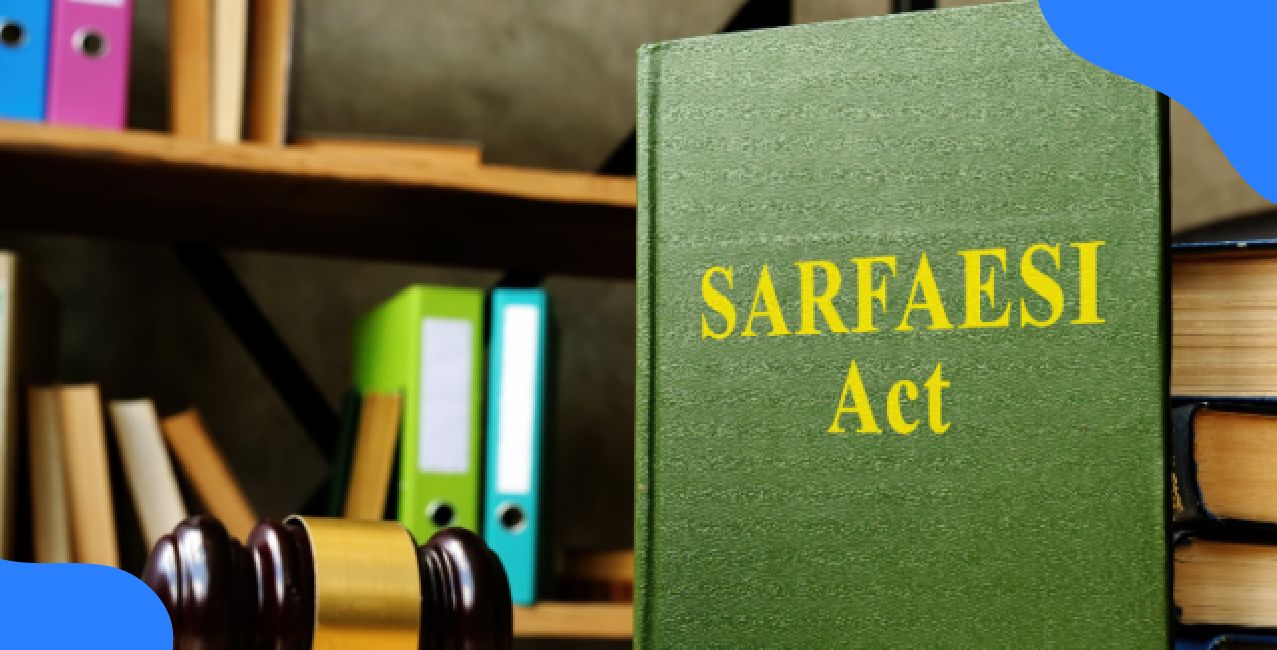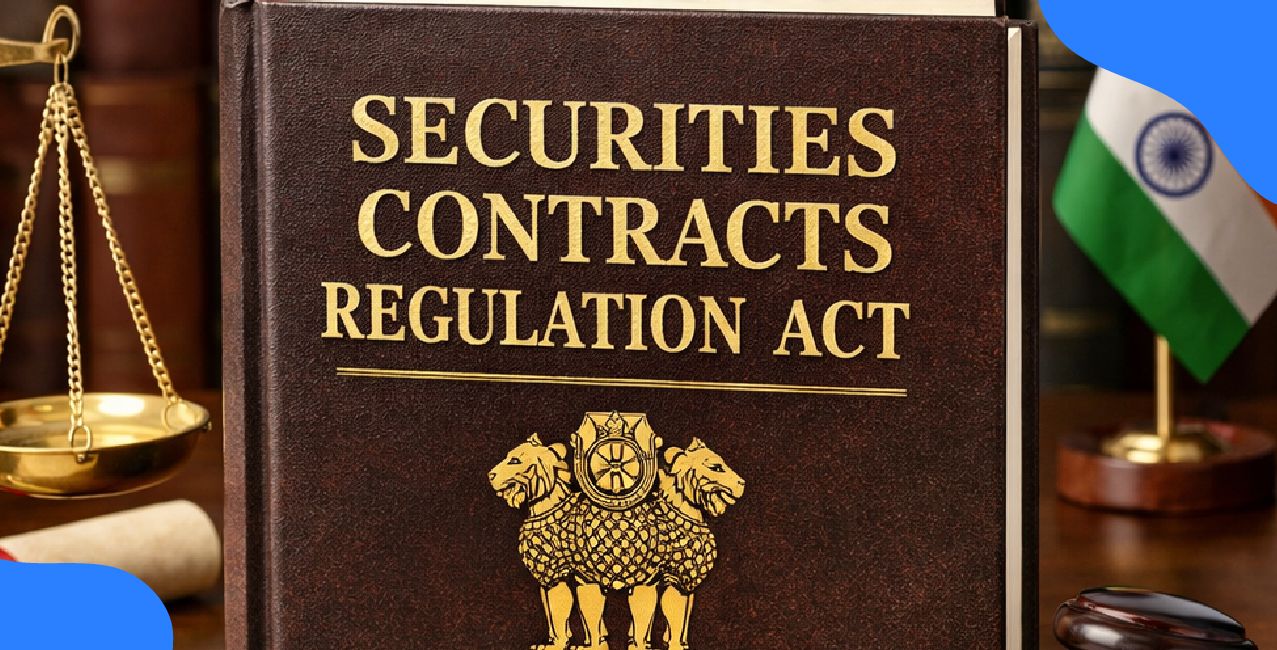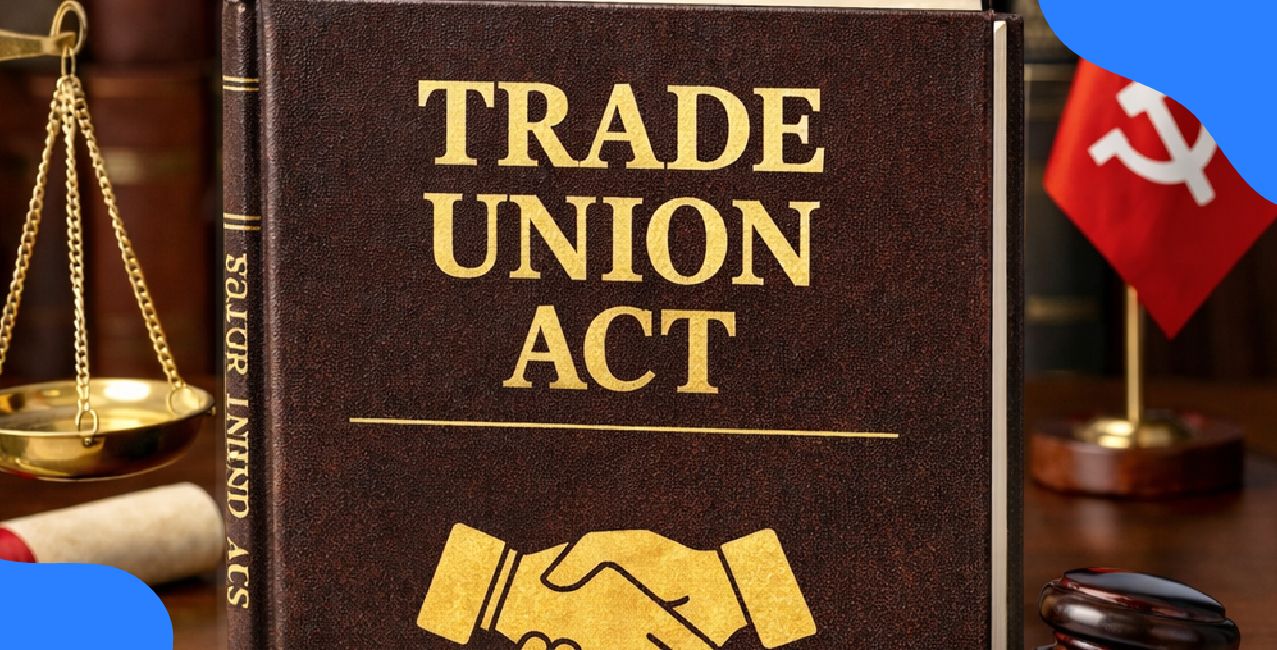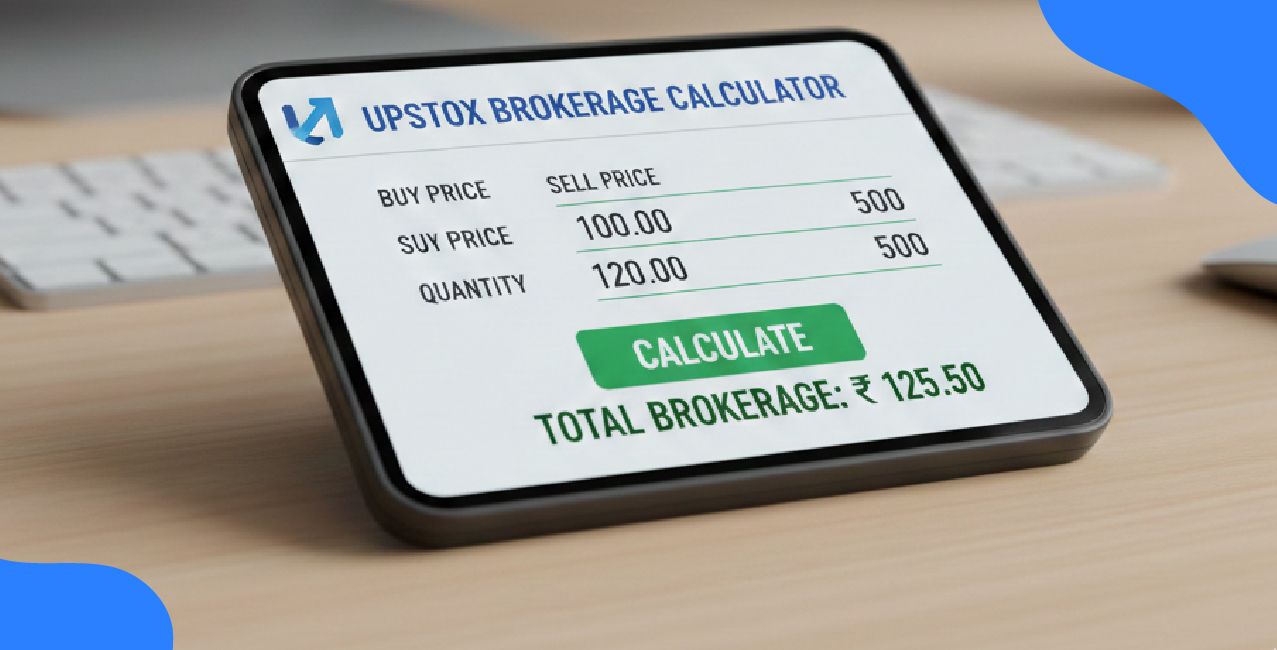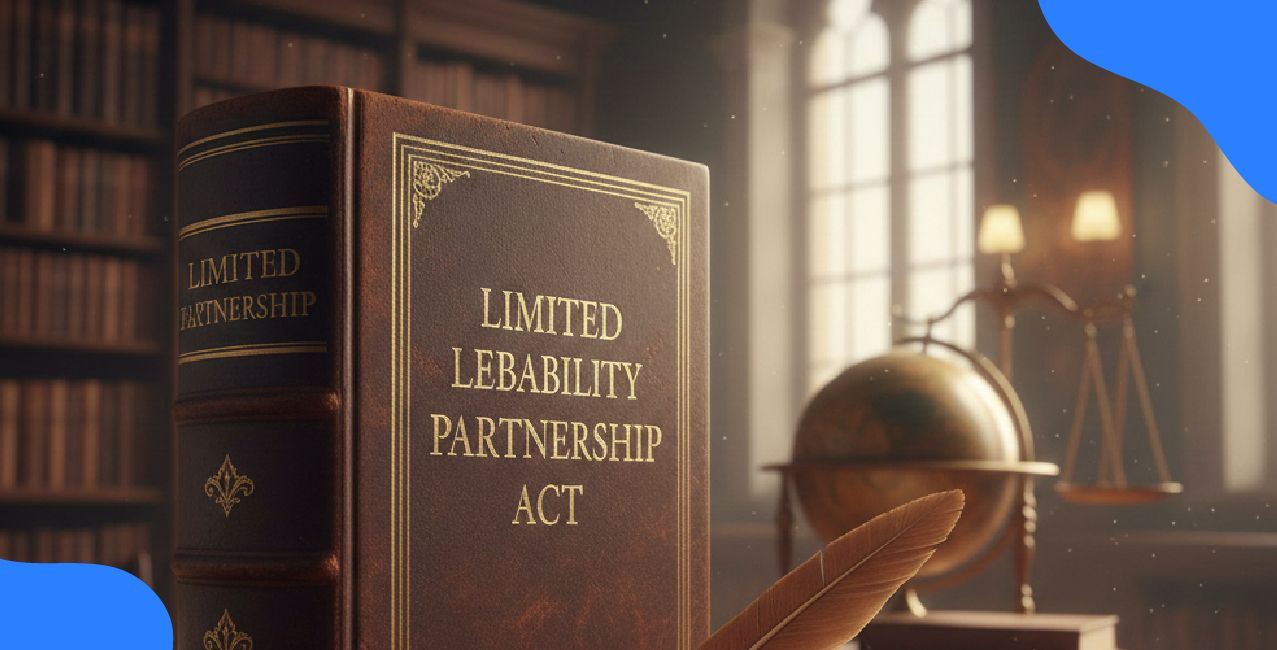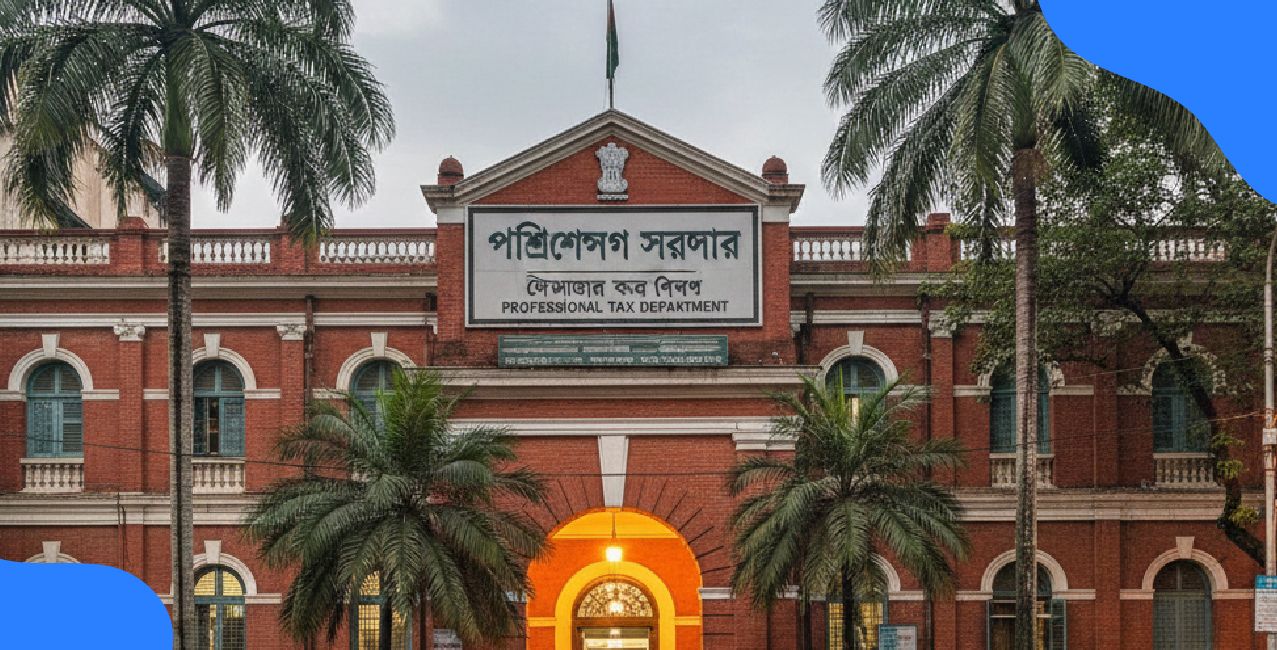Debt Consolidation Hacks in 2025 – Smart Ways to Manage Multiple Loans in India
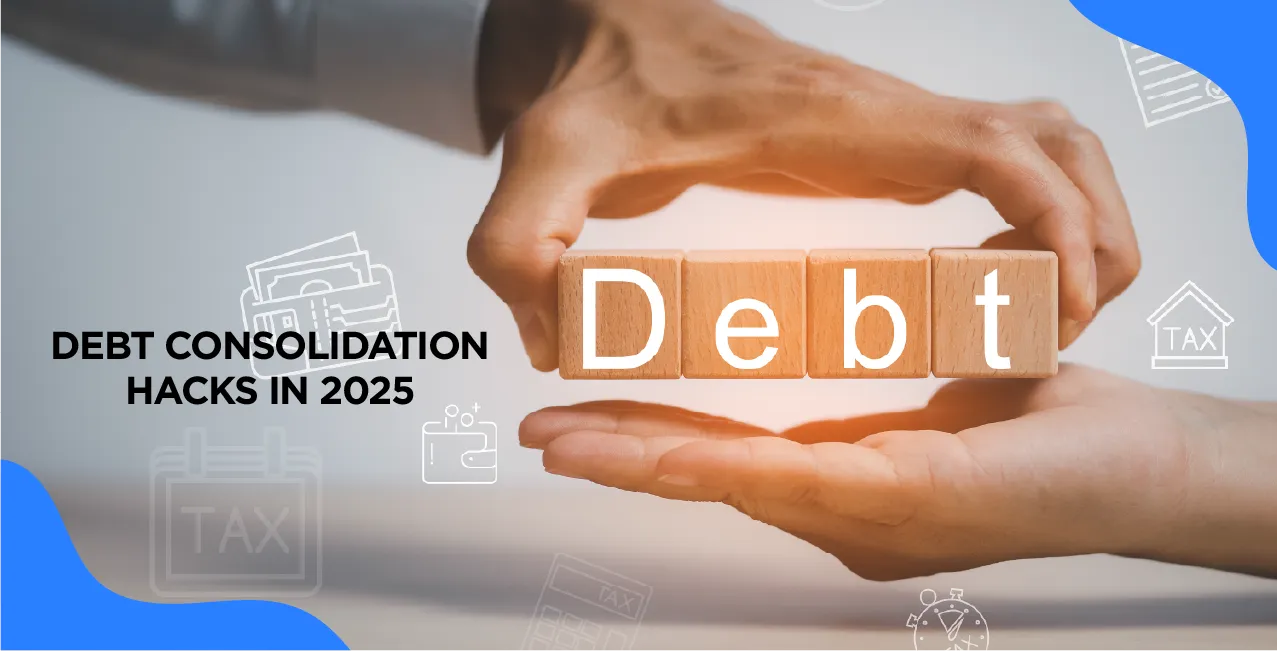
Check Your Loan Eligibility Now
By continuing, you agree to LoansJagat's Credit Report Terms of Use, Terms and Conditions, Privacy Policy, and authorize contact via Call, SMS, Email, or WhatsApp
Remember how your parents used to say, ‘Har cheez ki ati buri hoti hai’?
Well, that applies to finances, too. Taking help when needed is bright, and that’s what banks are for. But too much reliance on loans? That’s a dangerous road leading straight to a debt trap.
Consider taking multiple loans without realising you already have three ongoing EMIs. Imagine 80% of your salary vanishing into repayments before paying your bills. How do you break free from this cycle?
What if you could trade that messy pile of high-interest debts for one simple, manageable payment? Sounds like a dream, doesn’t it? Well, for many Indians, it’s becoming a reality.
For example, Priya is a 32-year-old IT professional from Bangalore. She spends her days meeting work deadlines, but every month, she also struggles with a huge financial burden that seems impossible to handle.
She has got ₹3 lakh in credit card debt at an insane 40% interest, ₹5 lakh in personal loans at 12.5%, and a ₹7 lakh car loan at 9.5%. Her total EMIs are nearly ₹45,000 per month, roughly half her salary! And she’s not alone. According to an RBI report, 68% of urban Indians in 2025 are drowning in similar debt traps.
Loan Type | Loan Amount (₹) | Interest Rate (%) | Monthly EMI (₹) | Total Interest Paid Over Loan Tenure (₹) |
Credit Card Debt | 3,00,000 | 40% | 15,000 | 6,00,000 |
Personal Loan | 5,00,000 | 12.5% | 11,500 | 3,45,000 |
Car Loan | 7,00,000 | 9.5% | 18,500 | 4,44,000 |
Total | 15,00,000 | Varied | ₹45,000 | ₹13,89,000 |
But here’s the good news: debt consolidation can make managing EMIs and bills much easier. Multiple payments and high interest rates are a significant burden. That is why people like Priya choose debt consolidation. It combines all their loans into one manageable payment.
But it’s not just about simplifying payments; it’s about saving money, reducing financial stress, and escaping the debt trap. More importantly, it’s a chance to learn from past mistakes and take control of your finances. So, how does it work, and why is everyone talking about it? Let’s dive in and find out!
Why Is Debt Consolidation Important In 2025?
With rising inflation, high interest rates, and increasing household debt, handling finances has become a real struggle. Borrowers are now paying more than ever, sometimes just to afford necessities.
You are not alone. Many Indians are trapped in the same cycle. They might earn well, but a huge chunk of their salary goes toward EMIs, leaving little for savings or daily expenses. This growing burden makes debt consolidation not just a choice but a necessity. Let’s break down and understand with an example of why it’s becoming the most innovative way to manage multiple loans.
For example, Rahul, a 35-year-old marketing manager in Mumbai, earns ₹1.2 lakh per month. But with ₹60,000 in EMIs, half his salary goes toward loan repayments, leaving little for savings or emergencies. Let’s examine his situation and see how debt consolidation can help him.
Loan Type | Loan Amount (₹) | Interest Rate (%) | Monthly EMI (₹) | New EMI After Debt Consolidation (₹) | Savings Per Month (₹) |
Personal Loan | 8,00,000 | 12.5% | 18,000 | Merged into a consolidation loan | -18,000 |
Credit Card Debt | 5,00,000 | 40% | 20,000 | Merged into a consolidation loan | -20,000 |
Home Loan | 10,00,000 | 9% | 22,000 | 22,000 (Remains the same) | 0 |
New Consolidation Loan | 13,00,000 | 11% (Reduced Rate) | ₹27,000 | ₹27,000 | ₹13,000 saved |
Total | 23,00,000 | Varied | ₹60,000 | ₹49,000 | ₹13,000 saved |
According to The New Indian Express, household debt in India during 2010-11 was 8 percent of GDP and has now edged up to 37 percent. (The New Indian Express) This means that an increasing number of families are relying on loans to cover expenses. This often leads to financial strain.
It is difficult to survive in a post-pandemic era. With new surges in inflation and economic shifts, borrowing costs have increased.
For example, personal loan interest rates have increased from 10.5% in 2023 to 12.3% in 2025. Credit card rates have hit an insane 40%, making debts even more challenging to manage.
Read More - Debt Consolidation is a Game-Change
To understand how rising interest rates affect borrowers, let’s take an example:
Imagine ₹5 lakh personal loan taken for 5 years. Let’s see how much difference has occurred in the past 2 years.
Year | EMI (₹) | Total Interest Paid (₹) | Extra Cost in 2025 (₹) |
2023 | ₹10,750 | ₹1,45,000 | - |
2025 | ₹11,200 | ₹1,72,000 | ₹27,000 |
So, debt consolidation can be an efficient solution for situations like these. Combine your high-interest loans into a single lower-interest loan. It can reduce their EMIs and save money in the long run.
Top 4 Debt Consolidation Hacks in 2025
1. Personal Loan for Debt Consolidation
Imagine you have borrowed money from different banks. Each of them charges you different amounts of interest every time you pay them back. Some banks charge a lot, while others charge less.
Now, another bank offers to lend you enough money to pay back all the others, but with a much lower extra charge. This means you only have to pay back one bank instead of many, and you save money because the additional charge is smaller. That’s how a personal loan for debt consolidation works!
For example, Rohan is a Delhi-based engineer. He saved ₹1.2 lakh by consolidating his ₹4 lakh credit card debt and ₹3 lakh personal loan into a single ₹7 lakh loan, reducing his annual interest from ₹2.02 lakh to ₹77,000.
Loan Type | Amount (₹) | Interest Rate (%) | Annual Interest (₹) |
Credit Card Debt | 4,00,000 | 40% | 1,60,000 |
Personal Loan | 3,00,000 | 14% | 42,000 |
Total Before Consolidation | 7,00,000 | - | 2,02,000 |
New Consolidated Loan | 7,00,000 | 11% | 77,000 |
Total Savings | - | - | ₹1,25,000 (~₹1.2 lakh) |
2. Balance Transfer Credit Cards
Imagine you have ₹50,000 in credit card debt with a 36% annual interest rate. That means you’ll owe an extra ₹18,000 in interest after a year if you don’t pay it off.
But what if you find a balance transfer credit card?
It offers 0% interest for 12 months. You can move your ₹50,000 debt to this new card, giving yourself a year to repay it without extra charges. This strategy helps you save ₹18,000 in interest, giving you time to clear your debt faster and more affordably. Just ensure you pay off the balance before the 0% period ends!
For example, Ananya is a freelancer in Mumbai. She shifted her ₹3 lakh credit card debt to a "Zero Interest Balance Transfer" card. She paid ₹25,000/month to clear the debt and saved ₹85,000.
Details | Before (Regular Credit Card) | After (Balance Transfer Card) |
Debt Amount (₹) | 3,00,000 | 3,00,000 |
Interest Rate | 34% per year | 0% for 12 months |
Monthly EMI Paid (₹) | ₹35,500 (₹25,000 + interest) | ₹25,000 (principal only) |
Total Interest Paid (₹) | ₹85,000 | ₹0 |
Time to Clear Debt | 12 months | 12 months |
Total Amount Paid (₹) | ₹3,85,000 | ₹3,00,000 |
Total Savings (₹) | ₹85,000 | ₹85,000 saved! |
3. Home Loan Top-Up
Imagine you have ₹5 lakh in credit card debt (40% interest) and ₹3 lakh in a personal loan (14% interest), making repayment difficult. Instead of paying high interest, you take an ₹8 lakh home loan top-up at just 8.5% interest. This allows him to clear both debts at a lower rate.
A home loan top-up is an additional loan that homeowners can take on top of their existing home loan. The interest rates are much lower since this loan is secured against your home. The interest rate starts at around 8.5%, much lower than 40% on credit cards. This makes it a cheaper and smarter borrowing option.
For example, Neeraj is a 35-year-old businessman from Bangalore. He had ₹5 lakh in credit card debt (40%) and a ₹3 lakh personal loan (14%).
Struggling with multiple EMIs, he opted for an ₹8 lakh home loan top-up at just 8.5% interest. This consolidated his debt, reducing his financial burden.
Loan Type | Amount (₹) | Old Interest Rate (%) | Old Interest Cost (₹ per year) | New Interest Rate (8.5%) | New Interest Cost (₹ per year) | Annual Savings (₹) |
Credit Card Debt | 5,00,000 | 40% | 2,00,000 | 8.5% | 42,500 | ₹1,57,500 |
Personal Loan | 3,00,000 | 14% | 42,000 | 8.5% | 25,500 | ₹16,500 |
Total Savings | 8,00,000 | — | ₹2,42,000 | 8.5% | ₹68,000 | ₹1,74,000 |
4. Negotiate with Lenders
Remember when you scored severely on an exam but still convinced your parents that you had worked hard? You might have faced serious trouble if you hadn't negotiated well. But let me tell you something: they let it slide because you had a strong track record of good grades.
Also Read – Personal Loan for Debt Consolidation
Similarly, negotiating with lenders can be a game-changer for borrowers. Banks often reward loyal customers by lowering interest rates or waiving fees. If you’ve maintained a good repayment history, don’t hesitate to request better terms politely. It could save you a significant amount of money!
For example, Ramesh, a software engineer from Pune, had a ₹10 lakh personal loan at 13% interest. He had been with his bank for six years, always paying on time. When he asked for a better rate, the bank lowered it to 10%, saving him ₹30,000 per year in interest!
Loan Amount (₹) | Old Interest Rate (%) | Old Annual Interest (₹) | New Negotiated Rate (%) | New Annual Interest (₹) | Annual Savings (₹) | Total Savings Over 5 Years (₹) |
3,00,000 | 14% | 42,000 | 11% | 33,000 | 9,000 | 45,000 |
5,00,000 | 13% | 65,000 | 10% | 50,000 | 15,000 | 75,000 |
10,00,000 | 12% | 1,20,000 | 9.5% | 95,000 | 25,000 | 1,25,000 |
15,00,000 | 11% | 1,65,000 | 9% | 1,35,000 | 30,000 | 1,50,000 |
Conclusion
Debt consolidation can help you a lot, but only if done wisely. Always ensure your new loan’s rate is at least 3–5% lower than your existing debts. Working your credit score can also unlock better deals. ‘Par financial discipline zaroori hai’, treating consolidation as a “quick fix” can lead to deeper debt traps.
In 2025, it’s not just about reducing EMIs; it’s about smart financial planning. Household debt is projected to reach 48% of GDP by 2026. ' Abhi nahi sudhrega toh kab?’
About the author

LoansJagat Team
Contributor‘Simplify Finance for Everyone.’ This is the common goal of our team, as we try to explain any topic with relatable examples. From personal to business finance, managing EMIs to becoming debt-free, we do extensive research on each and every parameter, so you don’t have to. Scroll up and have a look at what 15+ years of experience in the BFSI sector looks like.
Subscribe Now
Related Blog Post
Recent Blogs
All Topics
Contents
Quick Apply Loan
Consolidate your debts into one easy EMI.
Takes less than 2 minutes. No paperwork.
10 Lakhs+
Trusted Customers
2000 Cr+
Loans Disbursed
4.7/5
Google Reviews
20+
Banks & NBFCs Offers
Other services mentioned in this article



